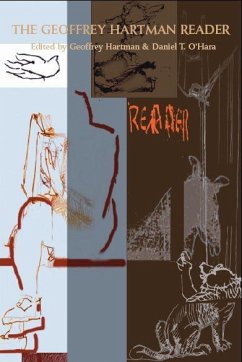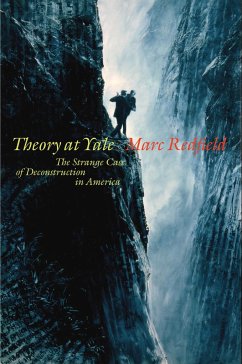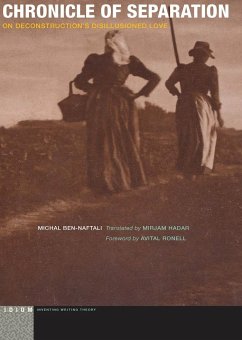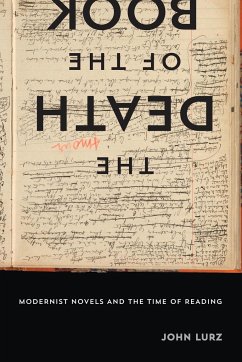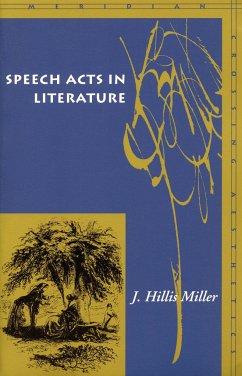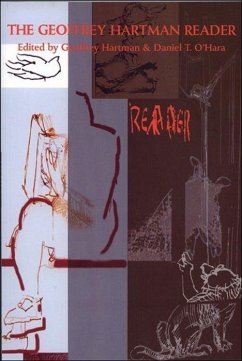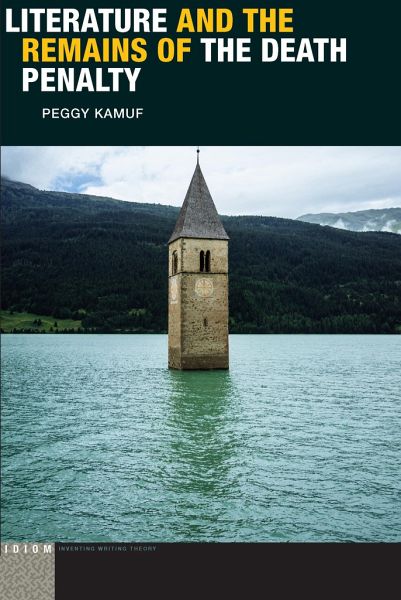
Literature and the Remains of the Death Penalty
Versandkostenfrei!
Versandfertig in über 4 Wochen
28,99 €
inkl. MwSt.
Weitere Ausgaben:

PAYBACK Punkte
14 °P sammeln!
"A capstone book. Kamuf's scholarship is careful and honest, and the book is a delight to read."-Diane Rubenstein, Cornell University "This is a superb book, with rich readings of essential texts that offer a fresh start to an urgent but often ignored question of justice. Without moralizing, Kamuf takes a strong position against the death penalty, directly confronting the actual legal, political, ethical, social, and philosophical questions it raises. In one blow, she overhauls the debate and makes us look at what really matters in it."-Thomas Keenan, Bard College Jacques Derrida has written t...
"A capstone book. Kamuf's scholarship is careful and honest, and the book is a delight to read."-Diane Rubenstein, Cornell University "This is a superb book, with rich readings of essential texts that offer a fresh start to an urgent but often ignored question of justice. Without moralizing, Kamuf takes a strong position against the death penalty, directly confronting the actual legal, political, ethical, social, and philosophical questions it raises. In one blow, she overhauls the debate and makes us look at what really matters in it."-Thomas Keenan, Bard College Jacques Derrida has written that "the modern history of the institution named literature in Europe over the last three or four centuries is contemporary with and indissociable from a contestation of the death penalty." How, Kamuf asks, does literature contest the death penalty today, particularly in the United States where it remains the last of its kind in a Western nation that professes to be a democracy? What resources do fiction, narrative, and poetic language supply in the age of the remains of the death penalty? Following a lucid account of Derrida's approach to the death penalty, Kamuf pursues these questions across literary texts by Orwell, Coover, Mailer, Kafka, and Baudelaire. The readings address a range of questions that haunt the death penalty: the "mysteries" of witness; secrecy and public display; the undecidable relation of capital punishment and suicide; the sovereign powers of death and of pardon; and ways performative literary language can "play the law." As literary survivals of actual deaths, these works can be seen as the ashes or remains of the phantasm that the death penalty has always been, the phantasm of calculating and ending finitude. Peggy Kamuf is Professor Emerita of French and Comparative Literature at the University of Southern California.




